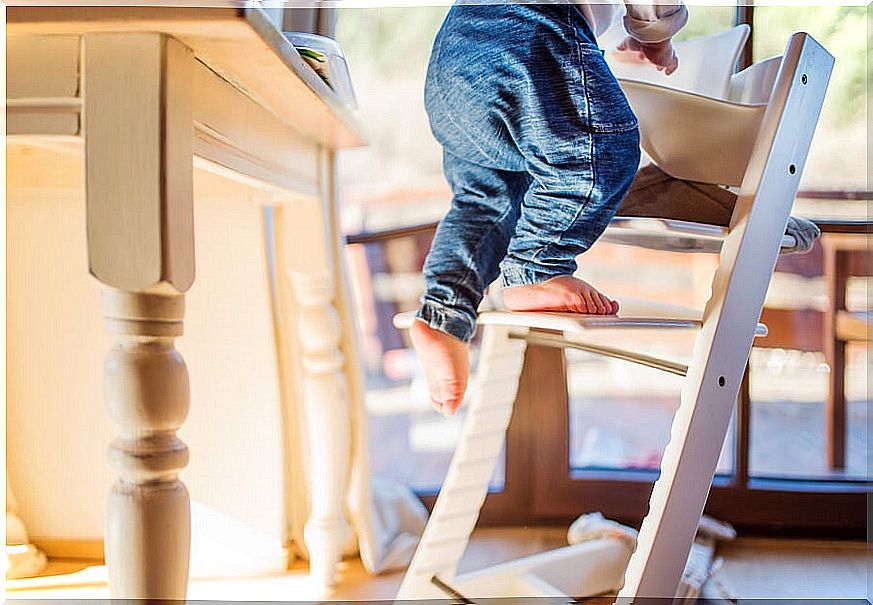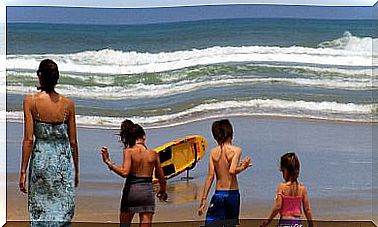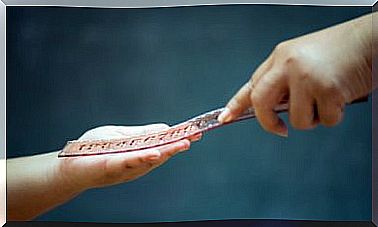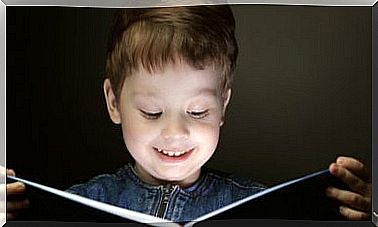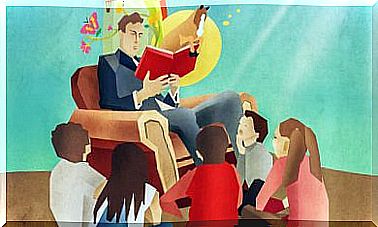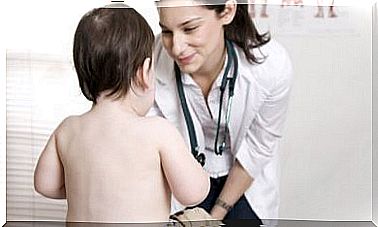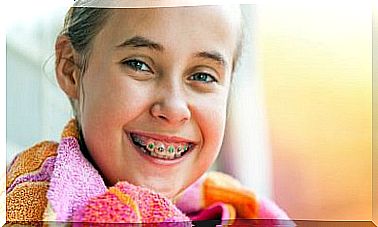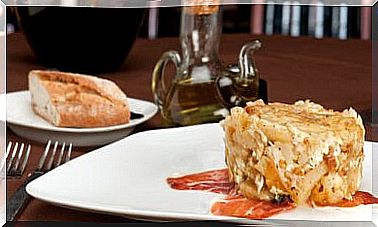Dental Trauma In Children
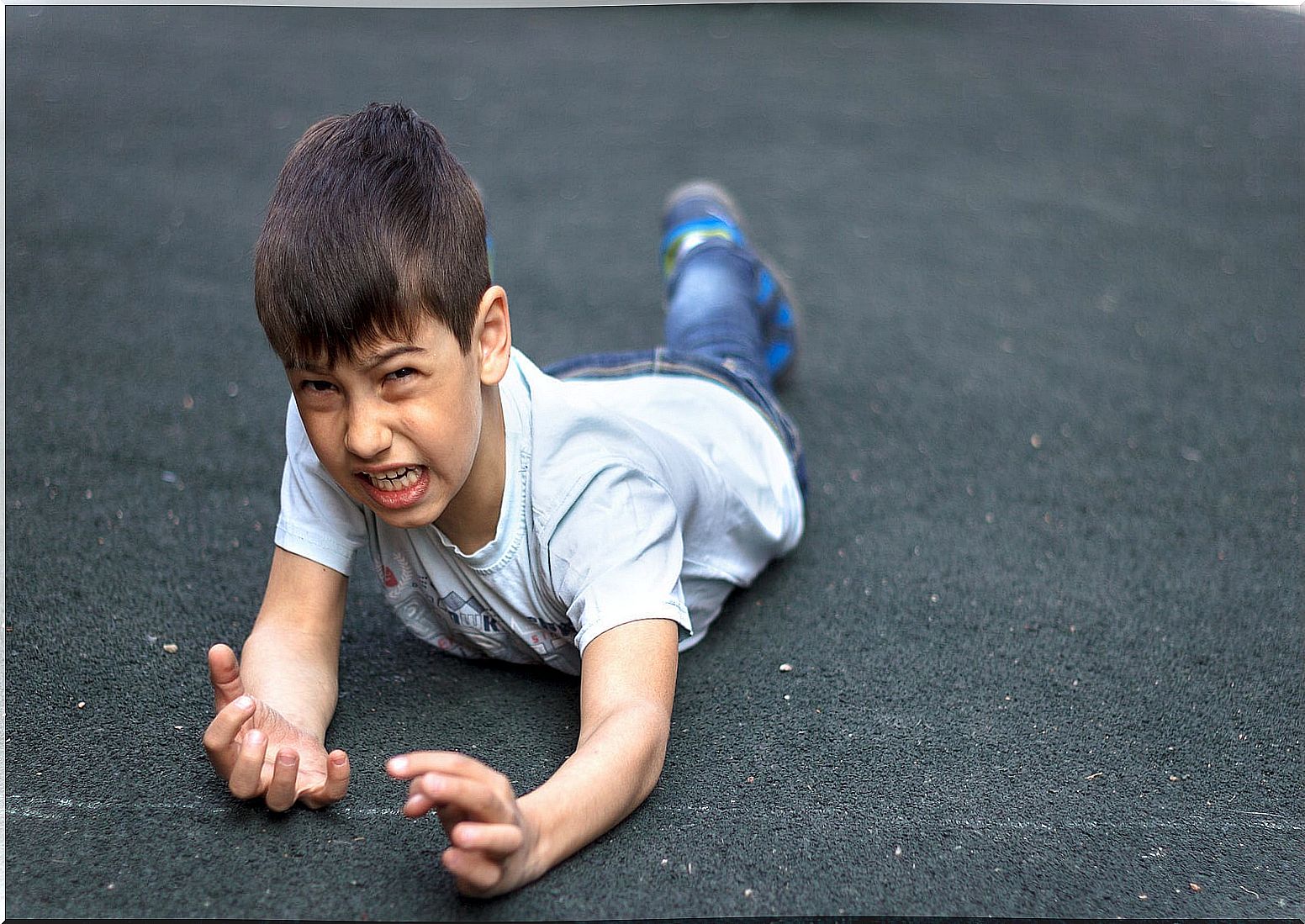
Dental trauma in children is very common. Currently, they are the second reason for dental care after cavities. In the following lines we talk about the most common causes and manifestations of trauma to the mouth. We also explain what you have to do if your little one hits himself and how you can prevent these situations.
Common causes of dental trauma in children
Dental trauma in children is injuries that affect the teeth and their supporting tissues. They occur most often as a result of falls or domestic accidents.
In baby teeth the most common cause is drooping of the mouth when the child begins to walk. In addition, they can be injured by lying down from the walker, by tripping on rugs or other objects, and by losing their balance during games.
The most common source of trauma during mixed dentition (temporary and permanent teeth in the mouth) is rough play. Falls from bicycles, skates, scooters, or swings are also common.
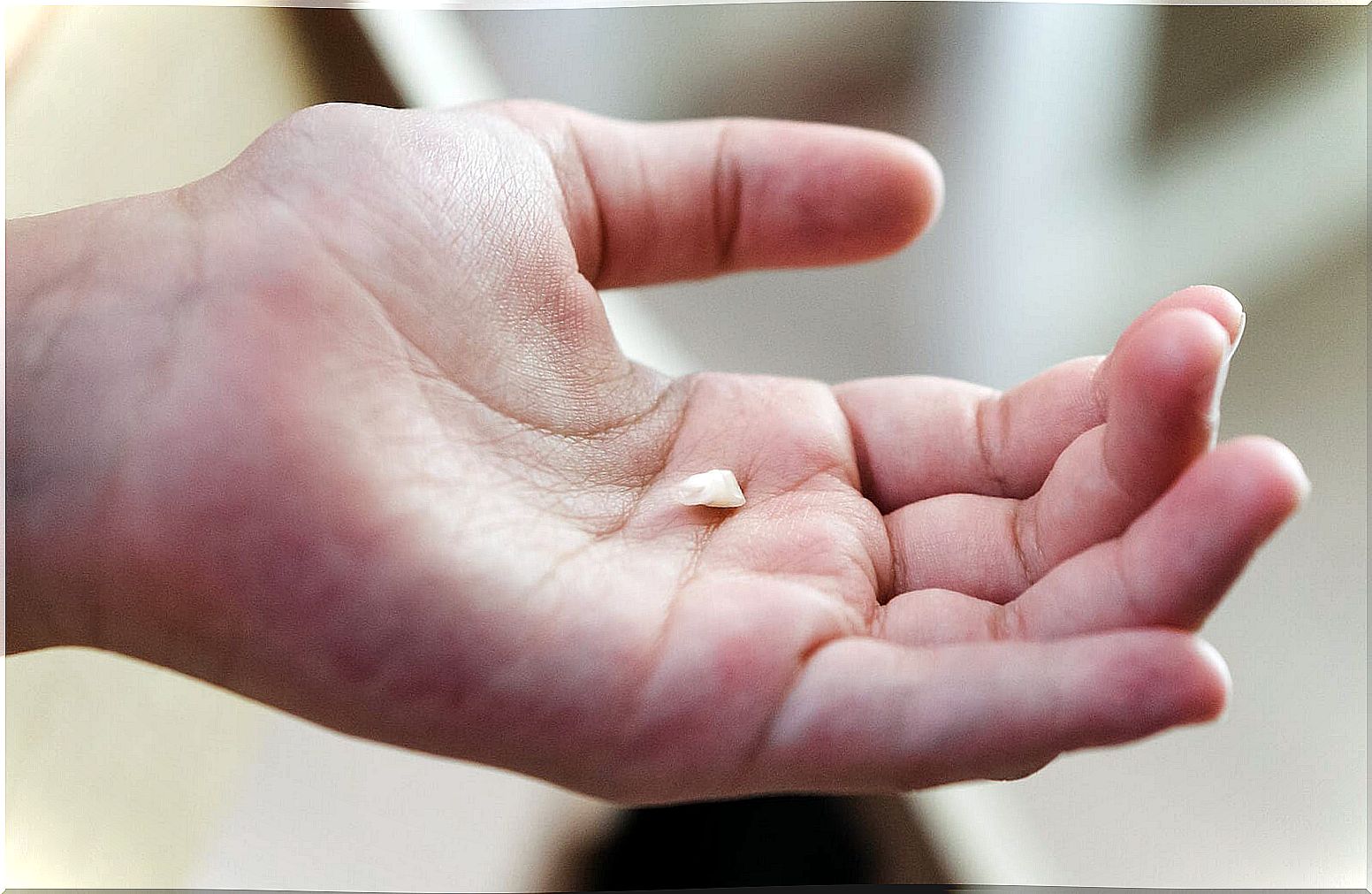
Contact sports and car accidents can cause dental trauma in children. Likewise, the literature also considers child abuse as a cause of these tooth injuries.
Symptoms
Dental trauma in children can manifest itself in different ways and have different degrees of severity. The severity of the case will depend on whether the affected parts are temporary or permanent. In the event that the affected dental element is a milk tooth, we must not worry. Beneath its root is a permanent tooth forming that we need healthy.
Dental trauma in children usually occurs after the first year of life, in preschool age and between 8 and 10 years. The upper central incisors are the most frequently affected elements.
After the blow to the mouth of our little one we can find a fractured tooth, a dental element that moves, that ended up located in an abnormal place or that was completely expelled from the mouth. In addition, there may be soft tissue injuries, such as cuts to the tongue, lips, and cheeks.
In more severe cases, the bone tissue that supports the teeth can be compromised. It will be the dentist who diagnoses this bone compromise.
What to do if your child suffers a dental trauma?
Although the moment of your child’s hit can also cause you discomfort and tension, you will have to take care of the situation. Here we share some tips to cope with this episode and make the right decisions:
- Remain calm : it is important not to show anxiety, not to scold the little one and to ensure his well-being by helping him feel calmer.
- Wash the wound with water : carefully clean the injury and observe the damage produced.
- Stop bleeding : in case of lesions on the lip mucosa, cheeks or tongue, compress with gauze to stop the bleeding.
- Check the dental elements : observe and pay attention if a piece of tooth is missing, if an element has come out, if the teeth move, are not in the usual position or the child cannot bite as before. In these cases, you should urgently go to the dentist (within 2 hours of the blow).
- Look for the missing element : in case the blow has caused the loss of a tooth or a fragment, look for it and place it in a glass with distilled water or warm milk and go immediately to the dentist. Never refit or reposition a baby tooth.
- Consult the dentist : it is always advisable to go to the pediatric dentist after dental trauma in children. On some occasions it may seem that there are no significant injuries, but it will be the professional who determines the severity of the situation and the need for treatments and controls.
- Take the child to the hospital in case the child loses consciousness, is disoriented, or vomits after the blow.
Other care to take into account
There are a few more things you can do at home to help your little one feel better. Giving him a soft and cold diet will help reduce inflammation and promote the recovery of damaged tissues.
Brush the injured teeth carefully with a soft brush, but do not forget to sanitize the mouth. The dentist may also indicate the use of a special antiseptic gel.
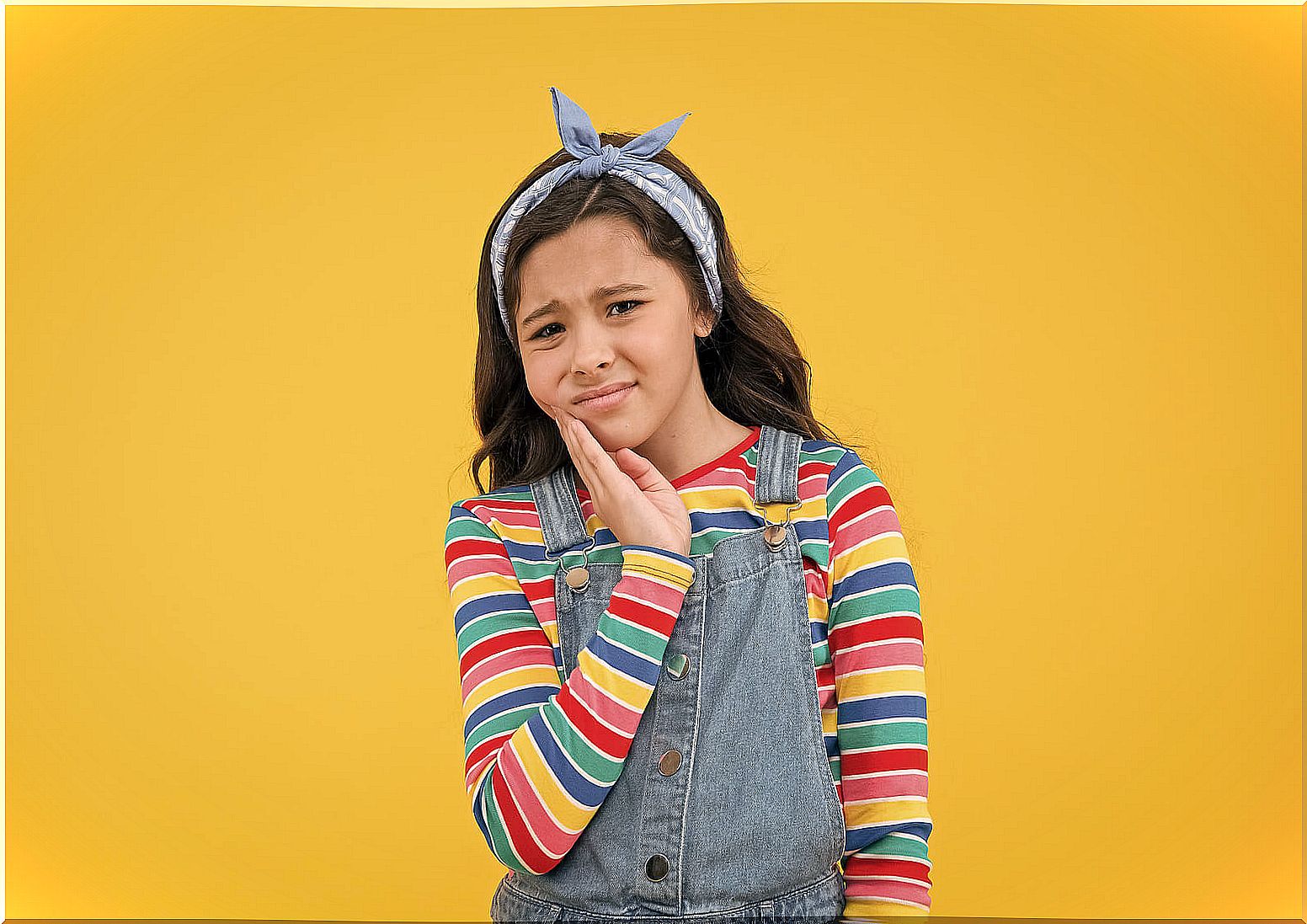
Check and pay attention to the area that was hit. In case of inflammation in the gum, a pimple of pus, the tooth changes color or begins to move, you should consult a specialist.
Treatment and prevention of dental trauma
The treatment your little one needs after dental trauma will depend on the severity of the injury and the type of dentition affected. During the dental visit, the professional will control the area, take X-rays to evaluate the hard tissues involved, and determine the appropriate treatment.
To avoid this type of injury in your little one’s mouth, you can consider some of these tips :
- Avoid using walkers.
- Remove small tables and other dangerous objects for the child when he begins to walk.
- Teach the little ones not to play violently, not hit their classmates with objects or push.
- Avoid jumping off moving swings.
- Wear protection when riding a bicycle, rollerblading or scooters.
- Practice contact or high impact sports with mouth protection.
- Do not run on the edges of the pool and use the ladder when leaving it.
In short, when your child hits his mouth, a situation of anguish and nerves is generated for both him and you. If you put into practice the advice that we share here, you will be able to act with the tranquility that your little one needs to face this moment.
